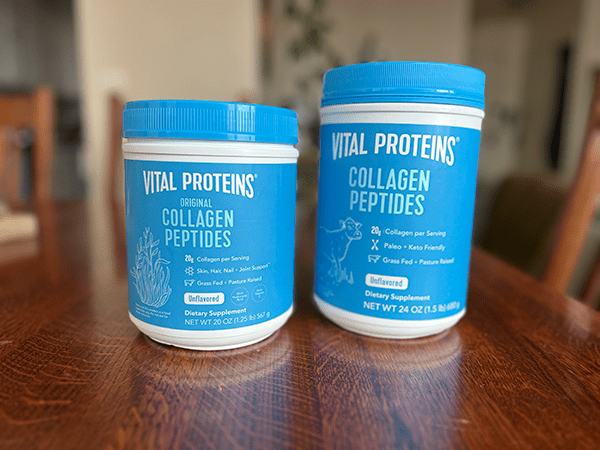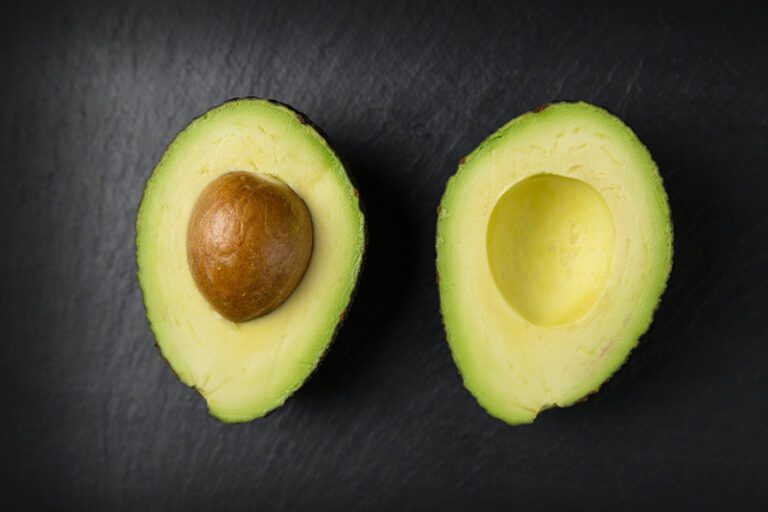Understanding the Gut: The Key to Overall Well-being
Our digestive system serves as a vital foundation for our overall health and wellness. As a health-conscious 30-year-old woman, I have always believed in the power of a healthy gut. Recently, I stumbled upon a term that fascinated me: leaky gut. In this blog post, I will take you on a journey to understand leaky gut, exploring its causes, symptoms, and treatment options, while sharing my personal experiences and insights.
The Gut-Mind Connection: Unveiling the Second Brain
Our gut is often referred to as the “second brain” due to its intricate network of neurons and its ability to communicate with the brain. It not only digests and absorbs nutrients but also influences our mood, immune system, and overall well-being. The gut microbiota, a diverse community of microorganisms residing in our intestines, plays a crucial role in maintaining gut health. When the delicate balance of this ecosystem is disrupted, it can lead to a condition known as leaky gut.

The Secrets of Leaky Gut: Understanding the Condition
Leaky gut, scientifically known as increased intestinal permeability, occurs when the lining of the intestines becomes compromised. The tight junctions that normally act as a barrier between the gut and bloodstream become loose, allowing toxins, undigested food particles, and bacteria to leak into the bloodstream. This breach triggers an immune response, leading to a variety of symptoms and health issues.
Leaky gut can have multiple causes, including a poor diet, chronic stress, medications, and imbalances in the gut microbiota. Processed foods, refined sugars, and artificial additives can damage the gut lining, while stress can disrupt the balance of gut bacteria. Medications like nonsteroidal anti-inflammatory drugs (NSAIDs), antibiotics, and proton pump inhibitors (PPIs) can also contribute to gut permeability. Understanding these causes is crucial for addressing leaky gut effectively.
Unveiling the Symptoms: How to Recognize Leaky Gut
The symptoms of leaky gut can vary from person to person, making it challenging to identify. Common signs include chronic digestive issues like bloating, gas, diarrhea, or constipation. Fatigue, joint pain, and skin problems such as acne or eczema may also indicate a leaky gut. Additionally, food sensitivities and allergies, particularly to gluten and dairy, are often associated with this condition. Mental health concerns, including anxiety, depression, and brain fog, can arise as well.
Recognizing these symptoms is the first step towards understanding and addressing leaky gut. It’s important to listen to your body and seek professional guidance to ensure an accurate diagnosis and appropriate treatment plan.
Healing from Within: Treatment Options for Leaky Gut
Now that we have unraveled the mysteries of leaky gut, let’s explore the treatment options available to restore gut health. It’s important to remember that healing leaky gut is a multifaceted process that requires addressing the underlying causes and implementing lifestyle changes. Here are some effective strategies:
Dietary Modifications:
Adopting a gut-friendly diet is paramount in healing leaky gut. Focus on whole, unprocessed foods and prioritize nutrient-dense options such as fruits, vegetables, lean proteins, and healthy fats. Eliminate or minimize inflammatory foods like gluten, dairy, refined sugars, and artificial additives. Consider incorporating gut-healing foods such as bone broth, fermented vegetables, and prebiotic-rich foods like onions and garlic.
Gut-Supporting Supplements:
Certain supplements can aid in gut healing and repair. Probiotics help replenish beneficial bacteria, while glutamine, an amino acid, helps restore the integrity of the gut lining. Additionally, digestive enzymes can assist in breaking down food and easing digestive discomfort. Consult with a healthcare professional to determine which supplements are suitable for your specific needs.
Stress Management:
Chronic stress can wreak havoc on the gut. Incorporate stress management techniques into your daily routine, such as meditation, deep breathing exercises, yoga, or engaging in hobbies you enjoy. Prioritizing self-care and finding healthy outlets for stress can significantly improve gut health.
Balancing the Gut Microbiota:
Restoring a healthy balance of gut bacteria is essential for healing leaky gut. Consider incorporating probiotic-rich foods like yogurt, kefir, sauerkraut, or taking a high-quality probiotic supplement. Prebiotics, found in foods like asparagus, bananas, and oats, provide nourishment for beneficial bacteria, promoting their growth.
Lifestyle Changes:
Supporting gut health goes beyond just dietary changes. Get regular exercise, as physical activity can enhance gut motility and promote overall well-being. Aim for quality sleep, as it allows the body to repair and regenerate. Minimize toxin exposure by opting for natural cleaning and personal care products.
Conclusion: Nurturing a Healthy Gut for Optimal Well-being
In conclusion, leaky gut is a condition that can significantly impact our overall health and well-being. Understanding the intricate workings of the gut, identifying the symptoms, and addressing the root causes are key steps towards healing and promoting optimal gut health. By adopting a holistic approach that includes a healthy diet, stress management techniques, targeted supplementation, and lifestyle changes, we can embark on a journey to restore balance, nurture a healthy gut, and enhance our overall quality of life.
Also Read: The Ultimate Guide to Intermittent Fasting: Unlocking the Health Benefits






